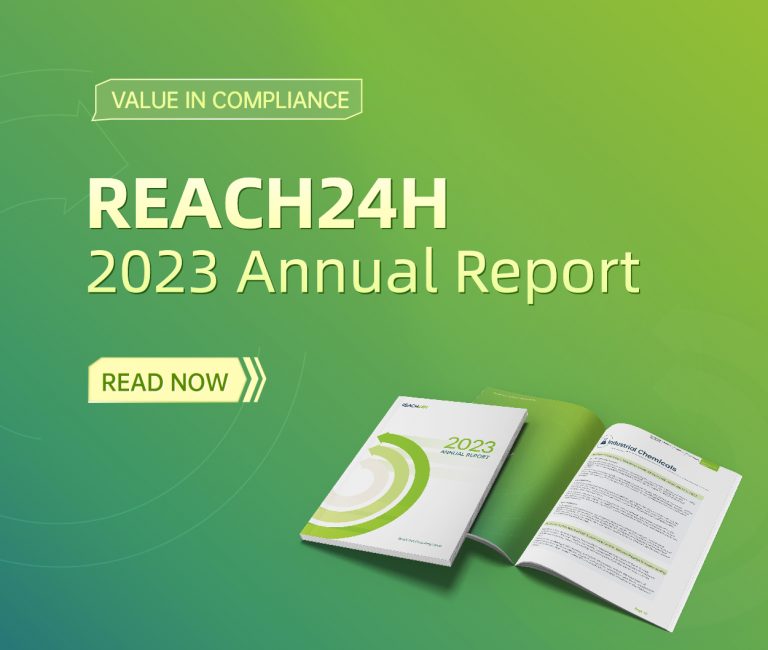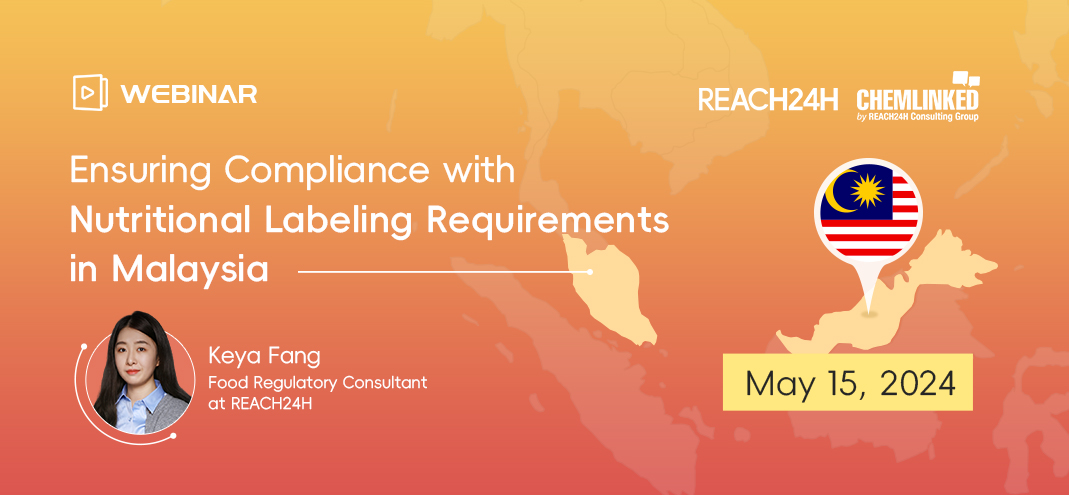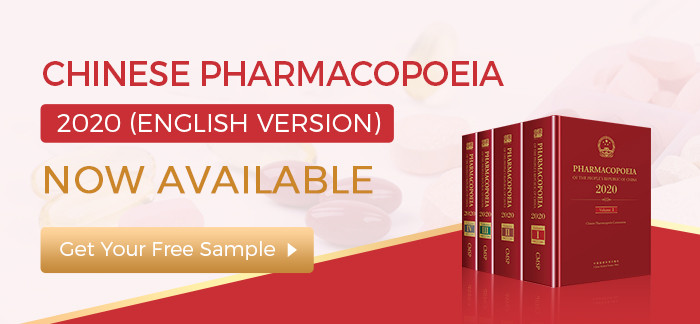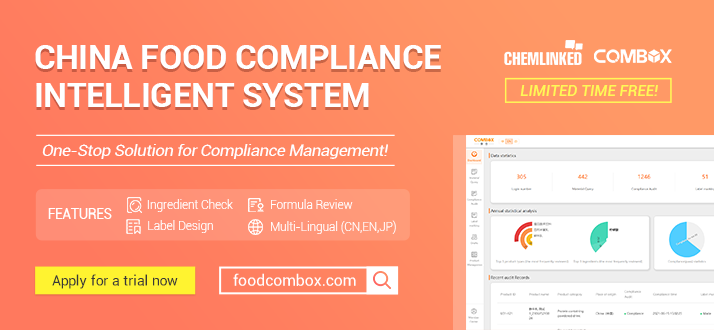Brazilian Agrochemical Application Area up 7 percent in Q1, 2021
According to a survey commissioned by SINDIVEG (Brazilian National Union of the Industry of Products for Plant Defense), agrochemical treated area grow by 7% to 562.72 million hectares during the first quarter of 2021, driven by higher cultivated area, the larger volume of products and increased applications carried out.
In terms of volume, 349 000 tons of agrochemicals were used, up 4.8% compared with the same period in 2020 of 333,000 tons. Uses of seed treatments grew by 12.5%, followed by fungicides, insecticides, and other products, while the application of herbicides fell slightly by
The market also rose 9.2%-from 18.6 billion BRL to 20.3 billion BRL, however the devaluation of the Real against the Dollar resulted in a 12.9% market decline in dollars, felling from 4.3 billion USD to 3.8 billion USD.
During the first 3 months of 2021, the country experienced an exchange loss of 20.2% and a strong increase in the prices of raw materials, packaging, as well as logistic costs at both national and international levels. As sea freight cost continues with an upward trend, some specific raw materials began to fall short and the situation may get worse in the coming months.
Brazilian Agrochemical Market in Q1
| 2017 | 2018 | 2019 | 2020 | 2021 | |
| Treated Area (m. hectare) | 423.45 | 457.46 | 511.10 | 525.85 | 562.72 |
| Agrochemical Use | |||||
| Total Volume (000 ton) | 270.30 | 284.71 | 317.81 | 332.75 | 3478.99 |
| Category Percentage (%) | |||||
| Herbicides | 44 | 40 | 41 | 41 | 39 |
| Insecticide | 27 | 28 | 28 | 27 | 27 |
| Fungicide | 17 | 20 | 20 | 22 | 24 |
| Seed treatments | 1 | 1 | 1 | 1 | 1 |
| Others | 11 | 11 | 10 | 9 | 9 |
| Market Size | |||||
| Value (m, USD) | 4.133 | 4.144 | 4.604 | 4.308 | 3.752 |
With consecutive records of crop area in recent years, Brazilian grain production is projected to exceed 270 million tons in 2021 and agrochemical has been an increasingly important means in the economy, especially during the Covid-19 pandemic. Around 1.6 billon USD of the agrochemicals were applied to soybean crop and the percentage rose from 41% to 43%. Corn and cotton maintained the 2nd and 3rd places with an investment of 1 billion USD and 416.8 million USD respectively.
| No. | Crop | Percentage (%) | No. | Crop | Percentage (%) |
| 1 | Soy | 43 | 7 | Citrus | 1.7 |
| 2 | Corn | 27.4 | 8 | Beans | 1.5 |
| 3 | Cotton | 11.1 | 9 | Rice | 0.7 |
| 4 | Cane | 8.6 | 10 | Others | 0.6 |
| 5 | Coffee | 2.6 | 11 | Pasture | 0.4 |
| 6 | Horticultural fruits | 2.2 | 12 | Wheat | 0.1 |
Some pests have caught particular attention in the first quarter. Bemisia tabaci is a major hazard to soybean, cotton and beans, and the treated area combating this pest has increased by 25%, followed by Acari insects and True bugs. The coverage of protective fungicides also increased by 22%.




